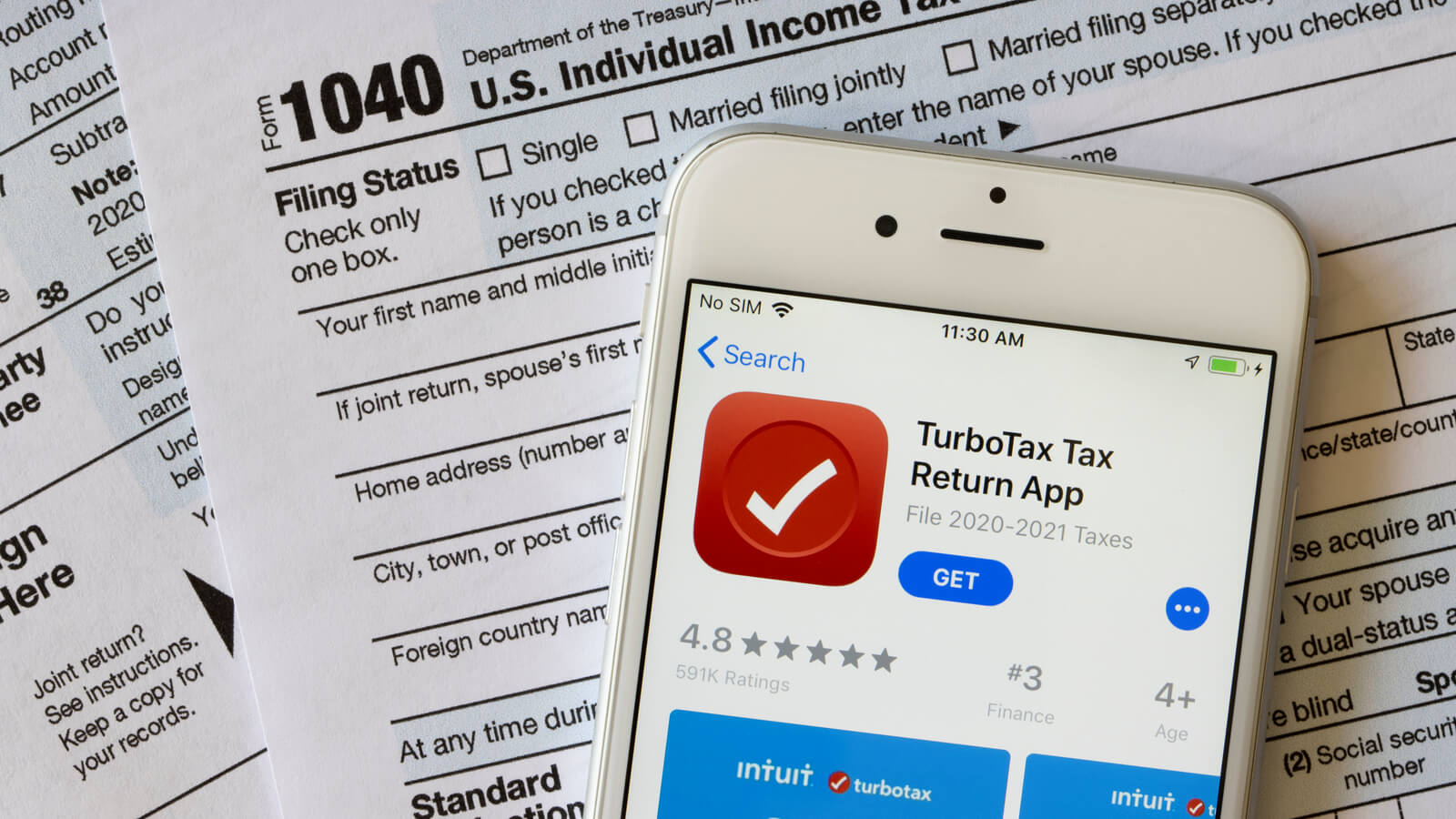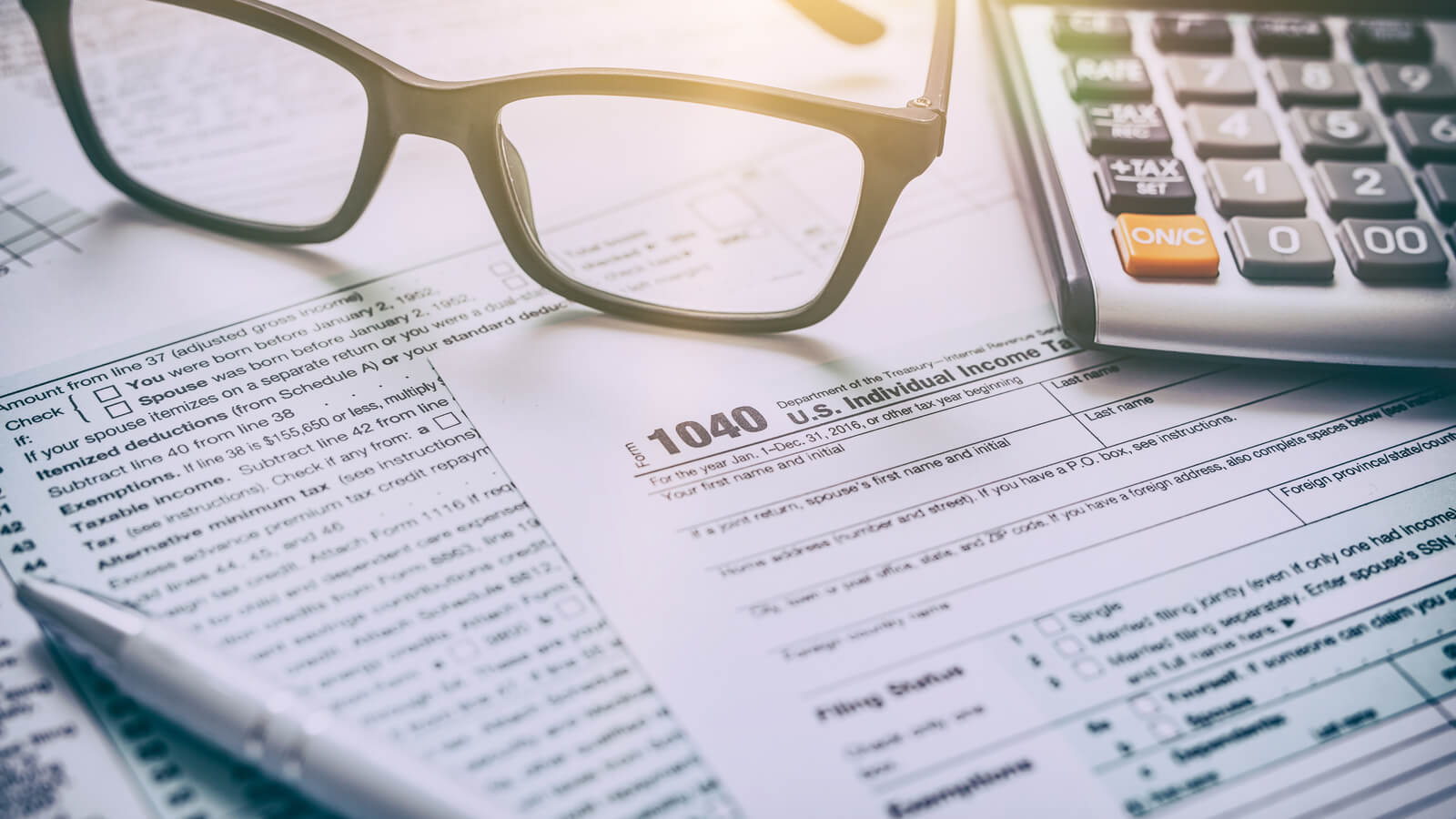If you’re a small business owner, the answer is yes — and the sooner, the better.
Small business owners don’t have to hire a Certified Public Accountant (CPA) or a tax firm, but doing so could save you more money and time than you think.
A CPA can help you structure your business in a way that saves you taxes from day one, especially if you haven’t officially registered your business yet. And by filing your tax return and offering high-level tax advice, they can save you in penalties and possibly lower your tax bill.
There are many small business owners that miss out on savings opportunities and pay more taxes than they have to because they don’t have a CPA to guide them.
The sooner you hire a CPA or a tax and accounting firm, the better off you’ll likely be. Before you make the decision to hire one, you should understand exactly what they do and don’t do — and their pros and cons.
Contents |
| What does a CPA do? |
| Pros of hiring a CPA |
| Cons of hiring a CPA |
| When should I hire a CPA? |
| When should I not hire a CPA? |
| How much does a CPA cost? |
What does a CPA do?
CPAs are mostly known for completing and filing tax returns for individuals and businesses. Although they do a good amount of that, it’s not all they do. Below are some of their major services:
- Tax planning: If you run your own business, you shouldn’t only be thinking about your taxes once a year. Talking to a CPA throughout the year can possibly help you lower your tax bill by timing your expenses and deductions correctly.
- Business structuring: CPAs can offer guidance on the best ways to structure your business before you officially create one. For example, they can help you elect to become an S corporation, which can save you thousands of dollars in self-employment taxes.
- IRS representation: There’s a limited segment of people who are legally allowed to represent you when the IRS audits you or threatens legal action. CPAs are one portion of that segment. Anyone can be targeted by the IRS — so you may need to turn to a CPA at some point even if you’re not a small business owner.
- Accounting and payroll: CPAs don’t often work solo. They can work in firms with bookkeepers, tax preparers and other accountants. So if you hire a CPA, you often have easy access to a lot of other services and resources.
And of course, there’s tax returns. CPAs can complete individual tax returns, business tax returns, trust tax returns and amended tax returns. CPAs can complete simple tax returns for you, but you should generally only hire a CPA to do your tax return if you own a business or you’re in another complicated tax situation. Go with tax software like TurboTax if the only thing you have to file is a W-2.
Pros of hiring a CPA
A CPA is one of the most valuable investments a small business owner can make. At the very least, they’ll save you time and money. The most successful CPAs, however, are ones that help you understand your business’ taxes and care about your business’ long-term success.
A CPA can save you time
It takes an average of 10+ hours to complete an individual tax return and an average of 20+ hours to complete a business tax return. Those are just averages — the more complicated your return is, the longer it takes to complete.
There are few business owners that enjoy spending hours gathering tax information, doing a lot of math and filling out forms. If you hire a CPA, you no longer have to do that — which gives you more time to focus on the parts of your business that you love.
If you’re not a business owner yet, a CPA can still save you time. They can handle all the paperwork that comes with registering your business with the IRS and your state.
A CPA can potentially save you money
There are several ways that hiring a CPA can save you money.
One way is just by filing your tax return. If you file your taxes on your own or with software, you’re responsible for making your own deductions and claiming your own credits — which means you’re out of luck if you don’t know the ones you qualify for. A CPA will likely make sure you don’t miss out on any savings opportunities.
Another way is by helping you avoid mistakes, and, as a result, tax penalties. You can incur late filing penalties, underpayment penalties and other penalties if you don’t know important deadlines and rules.
Arguably, the most effective way a CPA can save you money is through tax planning — which is more than just filing your tax return. Tax planning is analyzing your finances all year long and discussing the tax implications of big purchases, retirement accounts, investments and more. The goal is to minimize your tax bill, which is easier to do when you can plan for the future.
A CPA can often provide you with easy access to accounting services
CPAs don’t just provide tax services — they often have firms with accounting services and employ bookkeepers, too. If you’re a small business owner, you likely have both accounting and tax needs. Having the same small group of people handle both means they can work together and create the best tax strategy for you.
Hiring a CPA doesn’t mean you’re obligated to also get accounting services. Opting for only one or the other is perfectly fine. But if you are looking for both, it’s more convenient for you to get them from the same place. That way, you’ll have a more accurate picture of your business’ financial health and save time by communicating with one firm.
Cons of hiring a CPA
Even if hiring a CPA might be the best option for you, it still comes with some disadvantages. Their rates are higher than other options like TurboTax and you might wait longer for services.
You’ll pay more for a CPA than other specialists
You’ll probably pay more for a CPA than you would for a bookkeeper or a tax preparer. That’s because CPAs typically have more education and have to pass rigorous exams to become certified. They also have to meet mandatory continuing education requirements to stay certified — which assures you their knowledge is up-to-date.
So you’re most likely paying more for a CPA than you would for TurboTax, but you’re paying for their time, their experience and their ability to complete your tax return effectively and accurately.
Your tax return may take longer
CPAs work for multiple clients at any given time. The number could be in the dozens or hundreds, depending on the CPA or firm. For you, that may mean your tax return may not be done until your deadlines are near.
There’s a better chance that your CPA will file your tax return sooner if you contact them well before whichever deadlines apply to you. If you don’t reach out ahead of time and your official deadline is soon, then a CPA could file both a tax extension and your return for you. Also, responding to information requests within 24 hours can bump you to the top of the queue.
When should I hire a CPA?
CPAs are most likely right for people with complex tax situations or are looking for long-term planning. People who are business owners or are self-employed in other ways typically fall into that category. If you fall into one of these scenarios, it may be time to start shopping for a CPA.
You’re thinking of starting a business
The best time to hire a CPA is before you even start your business. A CPA can give you guidance on how to structure your business before registering it to save you the most in taxes. Your business will most likely be an LLC, but a CPA can help you decide things like whether your LLC should make an S corporation election.
Choosing the right structure for your business from the get-go is important because it can be costly and time-consuming to change it later on.
You’re in your first year of business
If you’ve already started your business without a CPA, it’s smart to get one within your first year of business. A CPA can help you through all of the business-related tax and accounting responsibilities you have now that you may not be used to. That can include completing a different type of tax return than you’re used to, issuing W-2s and 1099s or submitting annual reports.
You’re self-employed
Self-employed people like business owners and independent contractors have unique tax situations. They’re usually required to pay quarterly estimated taxes because they don’t have employers who are withholding taxes from their paychecks.
If you’re self-employed, a CPA can help you calculate your estimated taxes and avoid IRS penalties.
You have a complicated tax situation
If you know you’re going to have a complicated tax return, you should hand it off to a CPA. What sorts of things can complicate your return? Here are a few:
- You own a business
- You have pass-through investments
- You have foreign bank accounts or income
-
If you don’t report these correctly, you may end up paying penalties. Those special situations could also be a good thing. Depending on your circumstances, you may qualify for special tax credits and deductions that many don’t. A CPA can help you claim those and lower your tax bill.
You don’t have time to do your taxes
You don’t have to be a business owner to be busy. There are plenty of people who like a hands-off approach to their taxes — they want them done but don’t want to look at them, regardless of how simple they are.
If that sounds like you, a CPA might be right for you. There are more affordable options out there like TurboTax (depending on the complexity of your return), but a CPA will create less work for you than software will. That leaves you with more time on your hands and less stress.
When should I not hire a CPA?
As beneficial as it is for some people to hire a CPA, they’re not right for everyone. If you fall into one of these categories, then you probably shouldn’t hire a CPA. Tax software or another type of financial specialist may be a better fit, depending on what you’re looking for.
You’re only looking for a bookkeeper or enrolled agent
You should clearly define your goals before you hire any sort of financial specialist for your business. If your goal is narrow, like only managing your bookkeeping or only seeking someone to represent you in front of the IRS, then specialists like bookkeepers or enrolled agents may be a better fit, respectively.
CPAs can do both of those things for you, but they’re more expensive than most other financial specialists. What you can do while saving money and keeping your finances under one roof is hire a tax and accounting firm that has a CPA and a bookkeeper.
Bookkeepers often have lower rates than CPAs. Plus, it makes sense to have one group of people handle both your taxes so nothing gets lost in translation.
You have a simple tax return
If you do turn to a CPA for your tax return, it should be a relatively complex one — like business or trust returns. For simple returns, there are plenty of options that are more affordable that are a better fit, like TurboTax. For people making under a certain amount per year, you could even qualify to file your taxes for free with IRS Free File.
How much does a CPA cost?
It depends. Your price will depend on what services you’re hiring a CPA for, and for how long.
Tax returns are one of the most common services. There are several kinds of tax returns, some more complicated than others. The price for preparing a personal tax return can range from $450 to $600. The price for preparing a business tax return can range from $750 to $1,000.
For almost anything else, CPAs will likely charge you their hourly rate. This can also vary widely based on their services and experience, but it can typically range from $200 to $500. (Our CPA firm's prices are listed here.)
The bottom line
When starting your small business, one of the first people you should consider hiring to help guide you is a CPA. The best time to get one is before you even start your business, if you can.
You should hire a CPA before starting a business because your future tax bills often depend on how you set up your business. Getting that right from the very start can save you more than you think. You should also hire a CPA to do your tax return if your tax return gets complicated. And for business owners, it’s always complicated. If you mess up on a complicated return, you risk getting charged with penalties — and CPAs can help you avoid those altogether.
Want to talk to an expert about whether a CPA is right for your specific situation? Schedule a free call with a DiMercurio Advisors team member today.








